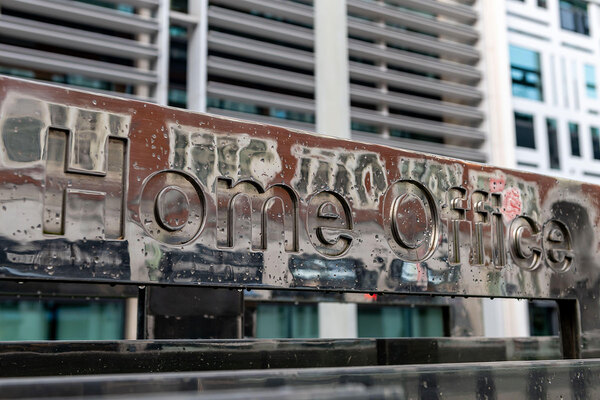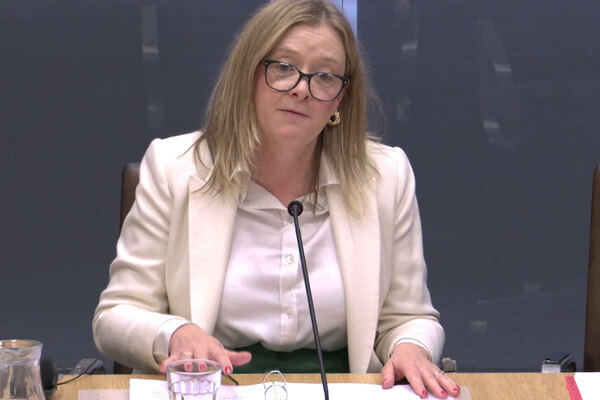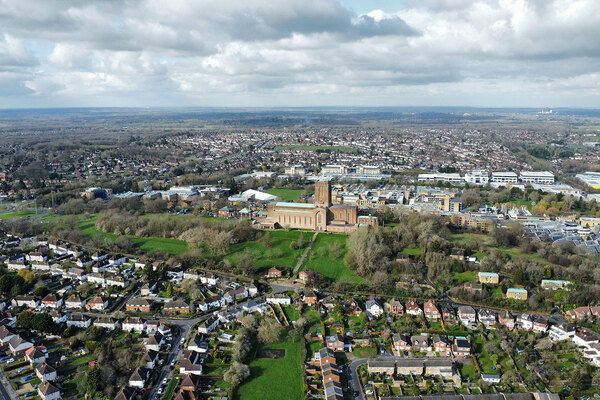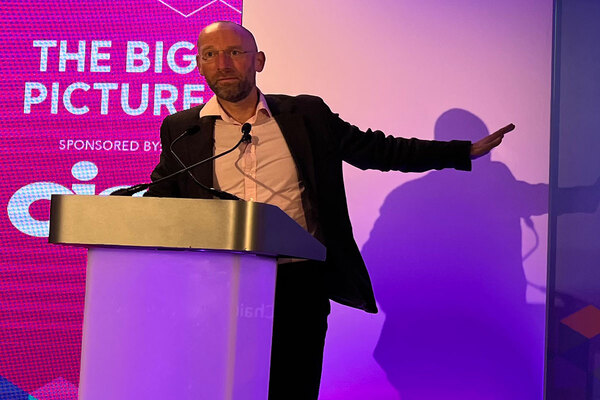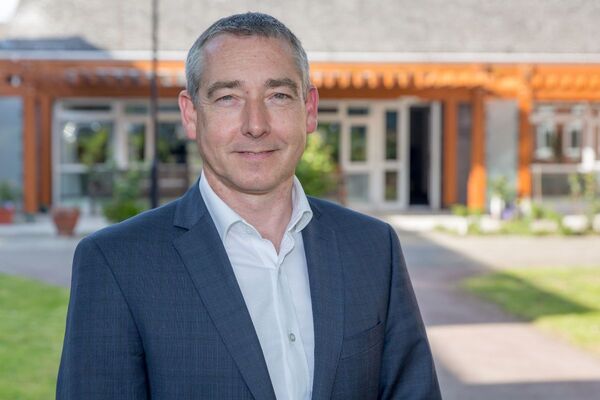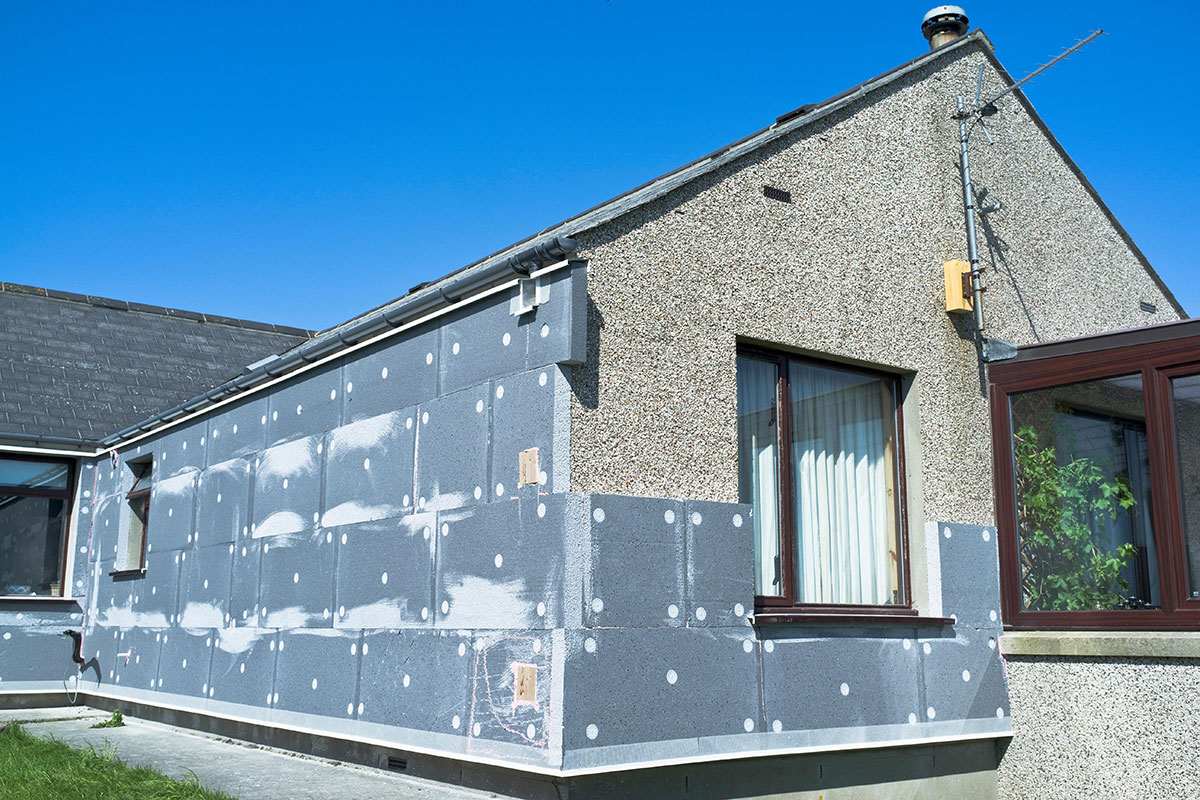You are viewing 1 of your 1 free articles
We must raise the bar to ease destitution by design in Scotland
Immigration policy reform is crucial to tackling homelessness, writes Jamie Milne, communications lead at the Homeless Network Scotland
In common with other parts of the UK, homelessness in Scotland is rising fast. You cannot escape news of this accelerating problem. Relentless campaigning across the homelessness sector led to the Scottish government earlier this year acknowledging the situation by declaring a national housing emergency.
Yet one part of that story garners fewer headlines. People who have lived in communities across Scotland for years or even decades are deliberately being driven into destitution by hostile UK immigration policy.
For the past two years, the Homeless Network Scotland has worked with colleagues in the Fair Way Scotland partnership to mitigate the harm this strategy inflicts on people who have come here seeking sanctuary, safety or simply to build a new life.
The partnership provides casework support, legal advice, accommodation and some financial help to people facing destitution in Glasgow, Edinburgh and Aberdeen. The people we work with have no recourse to public funds (NRPF) or restricted eligibility for mainstream social and housing support. They come from all over the world and include European nationals awaiting settled status after Brexit.
“Colleagues at the sharp end in our sector are confronted daily with the fallout, and local authorities cannot cope with demand”
Destitution by Design: Righting the Wrongs of UK Immigration Policy in Scotland, a new report by Heriot-Watt University and funded by the Joseph Rowntree Foundation to evaluate the second year of Fair Way Scotland, lays out the stark toll this hostile UK immigration policy is taking on people, children and families in Scotland.
Researchers found 97% of people they surveyed are destitute and 93% are experiencing homelessness, with one in eight sleeping rough. Two-thirds report going without meals, clothes and basic toiletries. And 66% are not allowed to work.
This is the humanitarian crisis cloaked in the housing emergency. Colleagues at the sharp end in our sector are confronted daily with the fallout, and local authorities cannot cope with demand. Last winter was bad; this winter may well be worse.
Since Fair Way Scotland’s inception, 18 people have been provided with community housing, thanks to a partnership with progressive local housing providers that wanted to do their bit – Cairn, Maryhill and Queens Cross housing associations. It is not an overstatement to say that this housing intervention has saved lives. But sadly, we are only reaching a small proportion of the number of people who urgently need a safe place to stay.
Indeed, demand for Fair Way Scotland’s lifeline case work support rose by 65% last year, reflecting wider evidence that migrant destitution has rocketed. What can be done?
Scotland offers universal access to many other forms of support, so why not prioritise treating everyone affected by the housing emergency the same way?
“The Scottish government must exercise devolved powers to the fullest extent possible, to ensure all non-UK nationals in Scotland have full access to health, social care, education, social security, transport and housing”
To achieve that goal, every layer that can have an impact must do more – the UK and Scottish government, local authorities, housing associations, health services, independent funders and Fair Way Scotland. By doing more across the board, we can raise the bar.
What does that look like? The report sets out a series of recommendations. Immigration policy is driving this crisis, so the starting point is for the new Labour government to commit to ending the hardship hostile policy wreaks. It must act urgently to ensure people have access to the essentials and can live with dignity.
The Scottish government’s Ending Destitution Together strategy commits to funding advocacy and legal advice for people subject to NRPF, and to exploring routes to provide accommodation. Recognising that insecure immigration status drives the most acute forms of homelessness, its Ending Homelessness Together plan also emphasises the need for an NRPF-inclusive approach.
To meet its goal, the Scottish government must exercise devolved powers to the fullest extent possible to ensure all non-UK nationals in Scotland have full access to health, social care, education, social security, transport and housing. And by co-investing with funders, housing associations and local authorities, the Scottish government can drive a rapid scaling-up of Fair Way Scotland.
Housing associations should commit to finding solutions to expanding new supply to better meet demand across all groups experiencing homelessness. And they have a key role to play in engaging with independent funders in that scaling-up process.
Local authorities can support housing associations by setting out their expectations of access to housing for people subject to immigration restrictions in local housing strategies, and detailing support for housing associations to do that.
This crisis may affect a group often hidden from public view, but politicians, policymakers and social partners have the power to help. We must all work together to resolve this entirely preventable and inhumane state of affairs.
Jamie Milne, communications lead, Homeless Network Scotland



